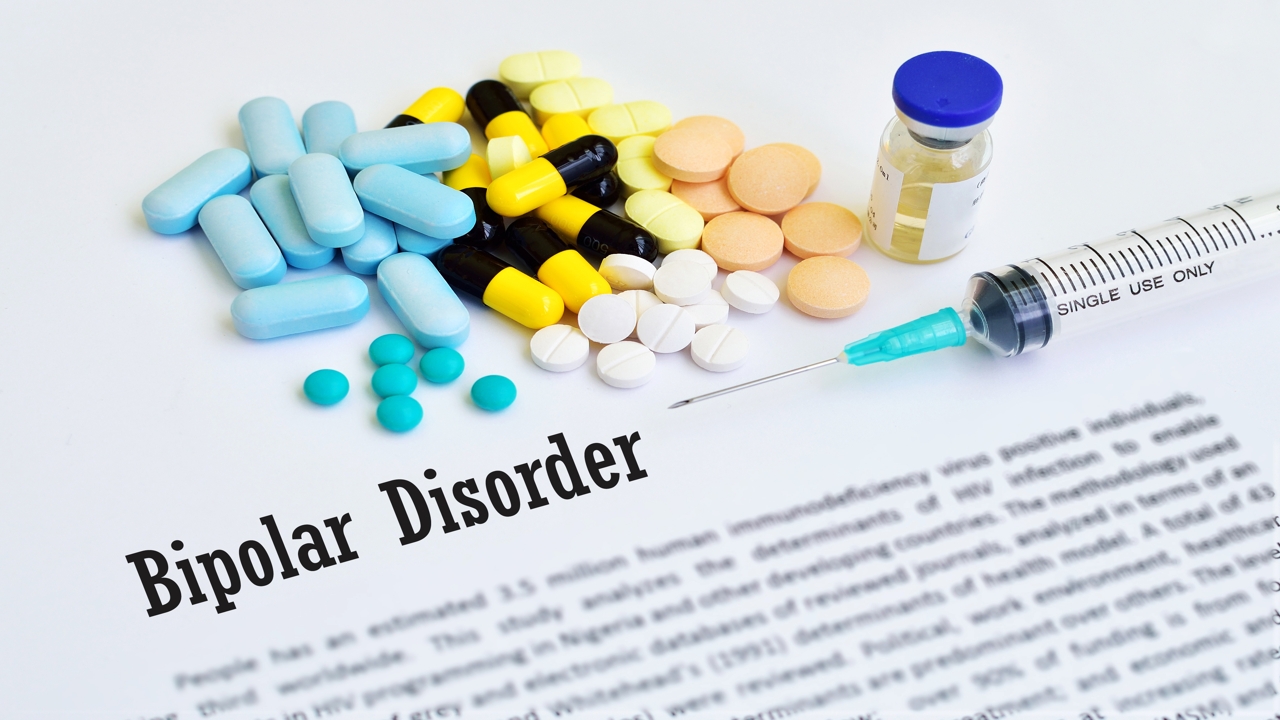Emotional regulation is identifying and regulating feelings or answers to feelings. Managing your emotions and the resulting actions is what is meant by control. Although it may not seem like it, we can always choose how to react to our feelings. By controlling our emotions, we may actively control how we respond to strong emotions like anger and worry. A few daily routines can help you regain control in trying circumstances if you have trouble controlling your powerful emotions.
Although it takes work, the more we become adept at recognizing and accepting our emotions, the more wisely we can respond to them. According to studies, developing healthy emotional regulation techniques like your emotions or shifting your perspective promotes our mental health and enhances our performance at work and school.
Treatments that focus on developing new skills, such as cognitive-behavioural therapy (CBT) and dialectical behaviour therapy (DBT), are particularly successful in teaching patients how to control excessive emotions.
Why is emotional control so crucial?
Although emotions in and of themselves are neither good nor bad, dealing with them can be challenging or painful. When unsure how to handle our distress, we may unknowingly fall into unhealthy habits like ignoring or obsessing over unpleasant feelings.
To develop healthy talents, we must first increase our sense of self-awareness. To decide how to react to our feelings, we must be aware of them. A scenario must first catch our attention so that we may comprehend what it means to us, feel something, and then take action. At various stages of that process, we can alter our behaviour thanks to emotional regulation skills.

What makes emotion regulation crucial?
Strong emotional regulation abilities can improve long-term wellness, career performance, personal relationships, and even general health to more advantages like feeling better away.
Additionally, emotions are considerably less likely to become out of control and result in unfortunate circumstances when they are through problem-solving, assertiveness, situational analysis, and other techniques. And while moods are not the same as emotions, emotions certainly affect moods.
- Emotions have a profound influence on our lives, providing us with the ability to feel and experience the world. They exist on many levels, highs, lows, and all in between.
- Emotional regulation is the capacity to control our emotional reactions, particularly in circumstances that may cause emotions like stress, worry, and irritation. The things that happen in life are frequently beyond our control, but we can learn to manage how we react to them.



